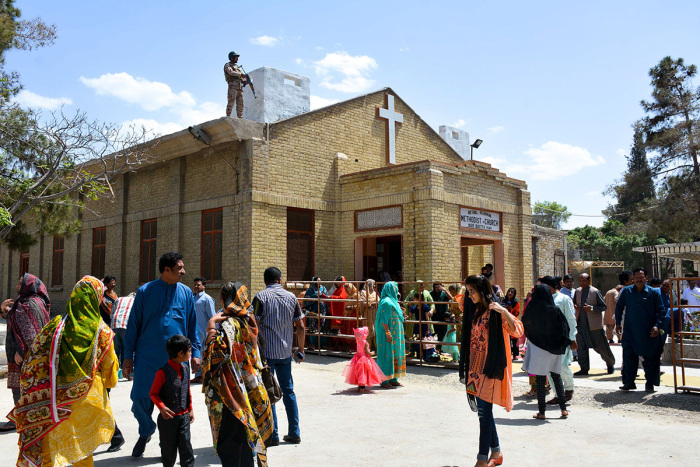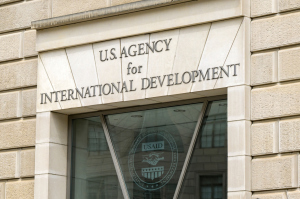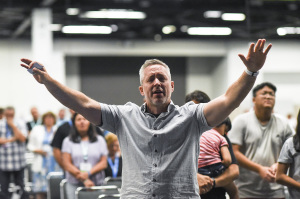Pakistan raises legal age for Christian marriage amid concerns over forced conversions, abuse

Pakistan's National Assembly has passed a transformative law that sets the minimum marriage age for Christians at 18 years for both boys and girls, with the intent to protect minority children from child marriage, sexual abuse and forced conversions.
The legislation updates the Christian Marriage Act of 1872, which previously allowed girls to marry at 13 and boys at 16, offering new hope for minority communities in the country.
The new law stipulates that marriage can only be solemnized and registered when both contracting parties are 18 years old. In cases of age disputes, courts are empowered to determine the age based on available documents such as the Computerised National Identity Card, birth certificate, educational certificates, or, in their absence, a medical examination report.
Nasir Saeed, director of the United Kingdom-based watchdog group Centre for Legal Aid Assistance & Settlement, praised the amendment's passage.
"This amendment has been a longstanding demand of the Christian community," Saeed noted in a statement sent to The Christian Post. "It will play a vital role in preventing the forced marriage of underage Christian girls, serving as a safeguard for their health, education and overall well-being."
Introduced by lawmaker Naveed Amir Jeeva, the Christian Marriage (Amendment) Bill, 2024, was unanimously approved in the National Assembly following its endorsement by the Senate earlier this year, according to AsiaNews.
The Catholic Bishops' Conference of Pakistan enthusiastically welcomed the amendment through its National Commission for Justice and Peace. Bishop Samson Shukardin, chair of the CBCP, together with NCJP National Director Fr. Bernard Emmanuel and NCJP Executive Director Naeem Yousaf, issued a joint statement applauding the legislative change.
"We extend our sincere appreciation to the entire parliament for passing this bill unanimously," the statement reads. "This legislation will play a crucial role in protecting our young and minor girls from forced conversions and child marriages. We hope the government will take further steps to criminalise forced religious conversions."
"The beauty of the act is that it was presented after the consensus of all main Churches of Pakistan," Naeem Yousaf told the outlet. "We are hopeful that this legislation will protect our girls and secure their fundamental rights, particularly their right to education, health, and other ancillary rights."
The legislation awaits the president's assent to become law.
A 2014 study by The Movement for Solidarity and Peace Pakistan estimated that about 1,000 women and girls from Pakistan's Hindu and Christian communities were abducted, forcibly married to their captors and forcibly converted to Islam every year.
The issue of religion is also often injected into cases of sexual assault to place religious minority victims at a disadvantage, according to the U.S.-based persecution watchdog International Christian Concern. Playing upon religious biases, perpetrators know they can cover up and justify their crimes by introducing an element of religion.
The U.S. State Department's 2023 International Religious Freedom Report cites the Center for Social Justice to report at least "103 cases of forced marriage and the conversion of Christian, Hindu, and Sikh women and girls" in 2023.
In January, a panel of United Nations experts expressed alarm with the reported rise in abductions, forced marriages and conversions of underage girls and young women from religious minorities in Pakistan. The panel urged the Pakistan government to take "immediate efforts to curtail the practices and ensure justice for victims."





























